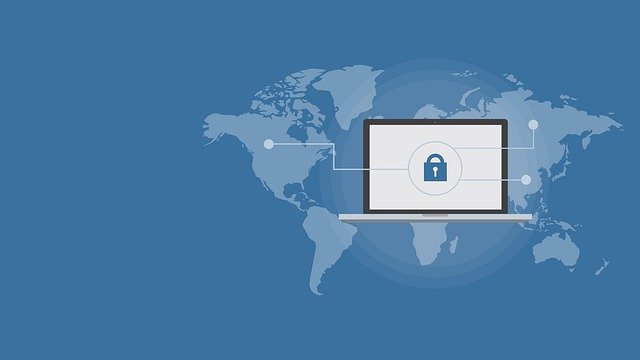In today’s digital age, the phrase “technology giants control the global security” is not just a statement; it’s a reality that affects every aspect of our lives. Companies like Google, Amazon, Facebook, Apple, and Microsoft have grown beyond their initial tech roles, becoming central players in the global security domain. This article examines the extent of their influence, the implications for society, and the debates surrounding their control.
The Role of Technology Giants in Global Security
These technology giants have unprecedented control over global security, a control that extends through their vast repositories of data, advanced technological solutions for cybersecurity, and their collaborative efforts with governments around the world. This control allows them to set the pace for how security measures are developed, implemented, and standardized across the globe.
Expansion into Security Services
With their expansive resources, some of these companies have moved beyond traditional tech services, venturing directly into the security sector. For example, Amazon’s acquisition of Ring and Google’s cybersecurity ventures underscore their growing stake in global security measures.
Influencing Cybersecurity Policies
Their extensive lobbying efforts grant technology giants significant sway over cybersecurity policies and regulations. This influence is so profound that it can shape global standards, often prioritizing their corporate interests and potentially sidelining broader security needs or ethical considerations.
Societal Impact of Their Control
The control technology giants hold over global security carries wide-reaching implications for society. It raises critical questions about privacy, the ethical use of data, and the balance between security and individual freedoms.
Privacy and Ethical Concerns
The accumulation of power in the hands of a few corporations has sparked a global debate on privacy rights, data ethics, and the potential for surveillance capitalism, where personal information becomes a commodity at the expense of privacy.
The Urgency for Regulation
Given these concerns, there is an escalating demand for comprehensive regulation. Advocates are calling for stricter data protection laws, transparent operations, and measures to ensure that the control technology giants have over global security does not undermine democratic values or human rights.
Conclusion
The control that technology giants exert over global security is a double-edged sword. While their capabilities can significantly contribute to the protection against cyber threats and the enhancement of public safety, this control also poses substantial risks to privacy, competition, and ethical governance. Balancing their technological advancements with stringent regulatory measures and ethical considerations is paramount in ensuring that the landscape of global security remains democratic and respects individual rights.
FAQs
Q: What does it mean that technology giants control the global security?
A: It means these companies have significant influence over cybersecurity measures, data privacy practices, and global security policies due to their technological capabilities and vast data resources.
Q: What risks does this control entail?
A: Risks include potential privacy breaches, the emergence of surveillance capitalism, unethical use of data, and a lack of competition in the security sector.
Q: How can regulation address these issues?
A: Regulation can introduce stricter data protection laws, ensure transparency and accountability in the use of data, and prevent monopolistic practices, thereby safeguarding public interest and democratic values.
Q: Can technology giants be trusted with such control?
A: Trust in these corporations is a contentious issue. While they offer innovative security solutions, the potential for misuse of power highlights the need for external oversight and stringent regulatory frameworks.
Q: What role can individuals play in mitigating the risks associated with technology giants’ control over global security?
A: Individuals can play a crucial role by staying informed about data privacy issues, advocating for stronger data protection measures, supporting regulations that hold these companies accountable, and using technology responsibly to safeguard their personal information.

